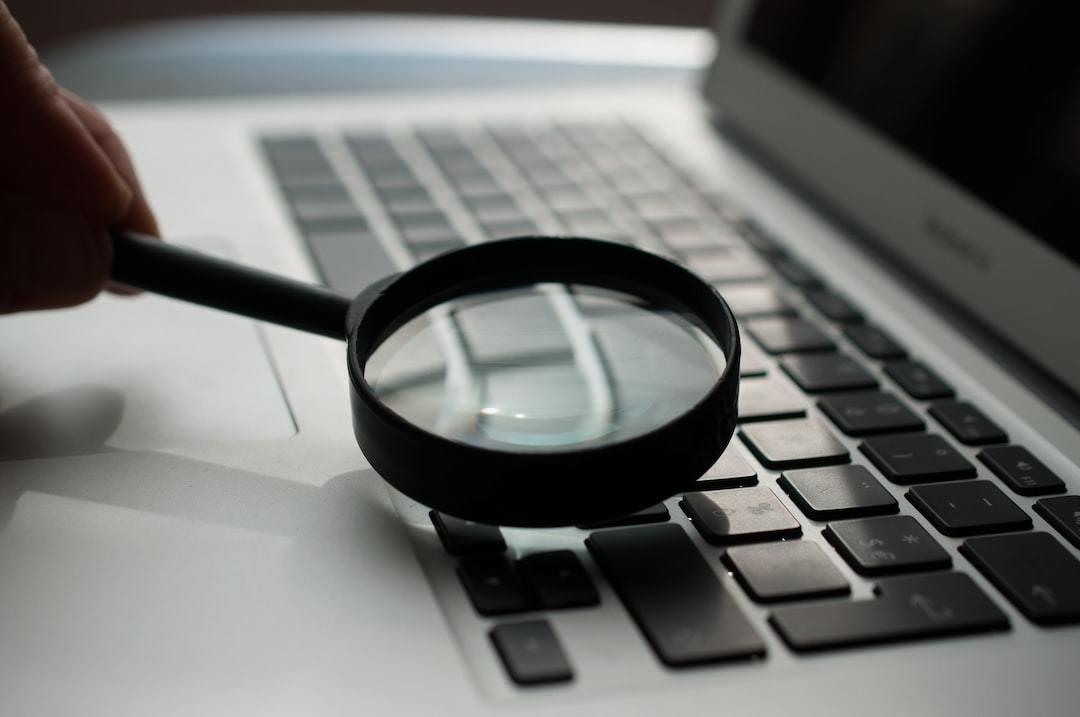
Table Of Contents:
The Defense Contract Audit Agency (DCAA) conducts contractor location audits annually to ensure that businesses meet federal standards. These are critical check-ups to ensure companies meet government regulations and can handle federal funds responsibly.
So, if you’re in the business of defense contracting, wrapping your head around the contract audit and knowing the DCAA audit process is tricky but doable with the right guidance.
What is a DCAA Audit?
A DCAA audit, at its core, checks if you’ve been spending and reporting money according to federal rules. The DCAA audit process includes inspecting every number down to the last cent charged against defense contracts.
This is to protect taxpayers’ bucks from being mishandled or going MIA. Audits range from ensuring proposals make financial sense pre-award to verifying that post-award expenses are legit because no one likes surprise costs creeping up.
Pre-Award vs. Post-Award Audits
Different from night and day, pre-award and post-award audits look at two sides of the same coin: before and after sealing the deal on contracts.
Pre-award audits size up your proposed costs. On the other hand, post-award audits come into play once everything’s signed off. This time, they’re checking whether you drove smoothly without burning through cash unnecessarily.
In essence, understanding how these processes unfold could save your business when the stakes are sky-high. Recommendations following these inspections can lead either toward improvements or penalties.
The Importance of Compliance in Defense Contracting
When it comes to defense contracting, small businesses need to walk a tightrope of regulations. Being DCAA compliant isn’t just good practice. For starters, if you play by the rules, you can dodge some serious setbacks and keep your doors open for more opportunities.
DCAA digs deep into your books during both pre-award and post-award reviews because when taxpayers’ money is on the line, precision matters.
If an audit turns up issues with how you handle those dollars and cents, recommendations from DCAA audits carry weight and you might find yourself facing corrective actions or even penalties.
Becoming familiar with acquisition regulation supplements like the Defense Federal Acquisition Regulation Supplement (DFARS) could save you a lot of headaches down the road since they lay out all do’s and don’ts for defense spending.
Compliance boils down to understanding regulatory requirements inside-out—from knowing what costs are allowable per federal agencies’ standards right to making sure business resources match up against applicable cost accounting systems directives set forth by folks who know their stuff about defense contracting.
If you’re a government contractor working on national security projects—whether directly on the team or indirectly as a subcontractor—compliance is key. It not only keeps you eligible for contracts but also builds trust among industry peers. In this business, a good reputation is often more important for generating revenue than almost anything else.
DCAA Audit Process Overview: Steps Involved in Conducting a DCAA Audit
When you’re in defense contracting, federal acquisition regulation is like a giant maze. Without a guide, it’s easy to hit a dead end. This is where the Defense Contract Audit Agency (DCAA) steps in.
The DCAA doesn’t just ensure that contractors follow rules. They prevent tax dollar waste on unnecessary or overpriced goods and services. Their audit process makes sure every penny claimed by government contractors aligns with their meticulously crafted cost principles and accounting standards.
For those curious about the thoroughness of auditors during an audit, they examine everything from direct costs to indirect rates. While it might be tempting to include items like a morning coffee as an “indirect business expense,” audits ensure that expenses follow a proper order.
- They Conduct A Risk Assessment: DCAA auditors cut straight into what matters most when evaluating potential risks associated with contract performance and pricing proposals. It’s not about being nit-picky; it’s about safeguarding financial integrity within the boundaries set by federal acquisition regulations.
- They Use The Contract Audit Manual For Guidance: Sticking close to guidelines outlined in manuals ensures uniformity across audits so companies know exactly what’s expected during reviews.
Types of Costs Scrutinized During a DCAA Audit
When the Defense Contract Audit Agency (DCAA) rolls up its sleeves to examine your financials, it digs into every nook and cranny of incurred costs with a fine-tooth comb. But what exactly are they looking for? It’s all about ensuring that progress payments reflect honest work and align with cost accounting standards.
- Direct and Indirect Costs: The lifeblood of any contract lies in its expenses. Direct charges like labor or materials, should be clear-cut and directly tied to your project. Indirect costs (overhead or general admin expenses) also need strict tracking under DCAA guidelines.
- Cost Accounting Standards: To keep everything above board, contractors must adhere strictly to cost accounting standards. Missteps here could lead to repayment demands — or worse — if it turns out those federal agencies overpaid due to misreported figures.
- Progress Payment: There are progress payments breaking down cash flow into manageable chunks as milestones are met during contracts’ lifespans. Each request requires thorough justification through documentation showing real advancement toward completion targets aligned with the Defense Federal Acquisition Regulation Supplement (DFARS).
What To Expect: Improved Audit Process Efficiency Through Technological Advancements
Auditors now wield risk-based auditing methods sharpened by high-tech software that forecasts potential red flags within minutes. This means instead of sifting manually through heaps of paperwork or digital records trying to find those pesky discrepancies or inconsistencies — the answers come looking for them.
Accounting services such as Hour Timesheet’s DCAA-Compliant Time Tracking Software help with its simplicity combined with robust compliance features that make sure companies stay on top of their game without breaking a sweat during DCAA-compliant timekeeping processes.
How To Ensure Accurate Representation During Audits
When the Defense Contract Audit Agency (DCAA) commences an audit, it signifies a critical phase of your interaction with them. The highest priority at this point is to present an accurate, comprehensive representation of your financial and operational dealings.
The stakes are sky-high in defense contracting. That’s why during a DCAA audit, auditors come equipped with their audit manuals, ready to comb through your accounting systems.
To steer clear of penalties or corrective actions that could stall your government contracts adventure, you need an ally by your side. That’s where technology steps up to bat. Solutions like Hour Timesheet become game-changers for businesses facing contract audits. It simplifies timekeeping while ensuring everything is DCAA compliant.
What Happens When You Fail A DCAA Audit?
When a contractor fails a DCAA (Defense Contract Audit Agency) audit, it can lead to contract termination. The termination of a contract becomes a plausible outcome if the deficiencies or discrepancies uncovered during the audit are deemed severe by the government. Such termination not only carries substantial financial implications for the contractor but also poses a threat to its reputation.
The ramifications of contract termination extend beyond immediate financial losses, impacting the contractor’s ability to secure future contracts and maintain a positive standing within the industry. The government’s decision to terminate a contract is indicative of a lack of confidence in the contractor’s ability to meet contractual obligations and adhere to regulatory requirements. Consequently, the contractor may face challenges in rebuilding trust with both government entities and potential clients.
Contractors must address and rectify any identified issues promptly to mitigate the risk of contract termination. This proactive approach not only safeguards the current contract but also helps preserve the contractor’s overall business integrity and viability within the competitive government contracting landscape.
Resources Available for Small Businesses Facing a DCAA Audit
Navigating the waters of a DCAA audit can be daunting, especially for small businesses that might not have extensive experience with federal agencies. Thankfully, there’s plenty of support available to help these companies understand and meet regulatory requirements.
- Audit Guidance Memos: Audit services extend beyond mere checks; they also give guidance memos on how to navigate through defense contracting nuances effectively. The key is not just in surviving an audit but using it as an opportunity to align your business practices more closely with federal expectations.
- Business FAQs: If you’re scratching your head about what comes next after receiving notice of an impending audit, turn towards resources tailored specifically for small businesses such as small business FAQs or financial advisory services provided by experts familiar with DCAA procedures. They cover everything from pre-award concerns to insights on managing incurred costs efficiently – all vital knowledge when facing scrutiny from this meticulous agency.
- Federal Acquisition Regulations (FAR): Staying compliant means keeping up-to-date with FAR. These documents contain concise summaries and targeted explanations that break down important sections relevant during DCAA reviews so that even non-lawyers can grasp essential concepts quickly.
- DCAA Financial Advisory Services and Business Resources: DCAA provides vital guidance navigational aids such as financial advisory services and comprehensive business resources tailored specifically toward helping contractors understand applicable costs charged against government projects.
Navigate DCAA Audits With Reliable Time-Keeping Software
Navigating through the DCAA audit process, regulations, and cost principles, you should now recognize the value of compliance in securing government contracts. The federal acquisition rules may sound very complex, but it’s crucial for your business’s growth.
Assessing them early can save headaches later. Dealing with incurred costs might seem daunting. But proper prep means smoother sailing during an audit.
To thrive under the Defense Contract Audit Agency’s watchful eye, keep learning, stay sharp, and use time-tracking tools to help you stay on track. It all pays off when the contracting officer knocks at your door—you’re ready to answer confidently.


